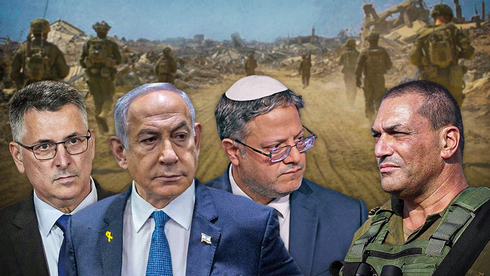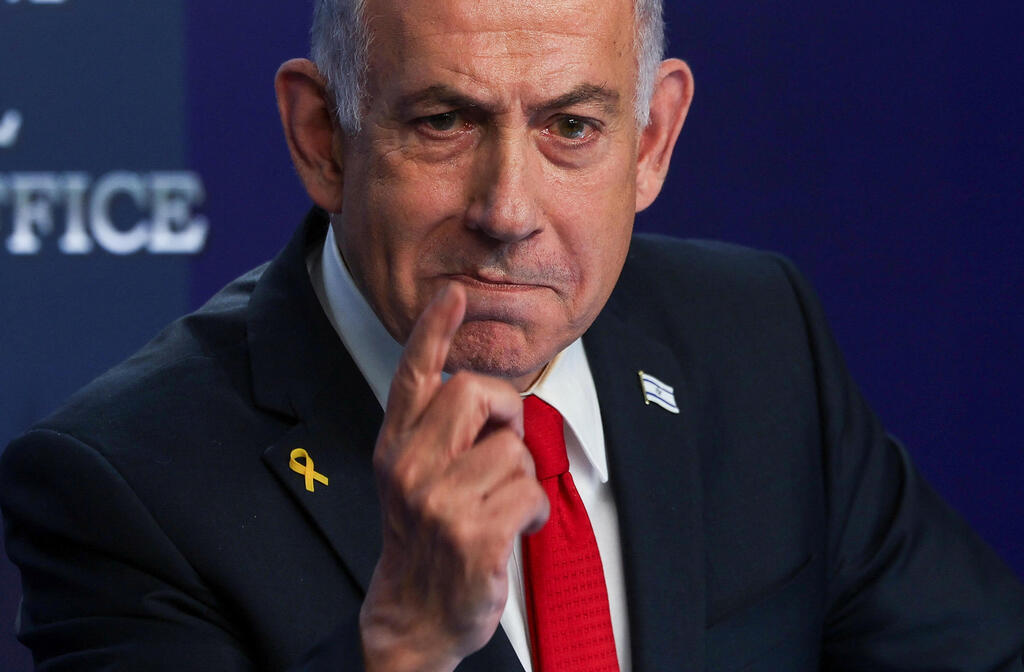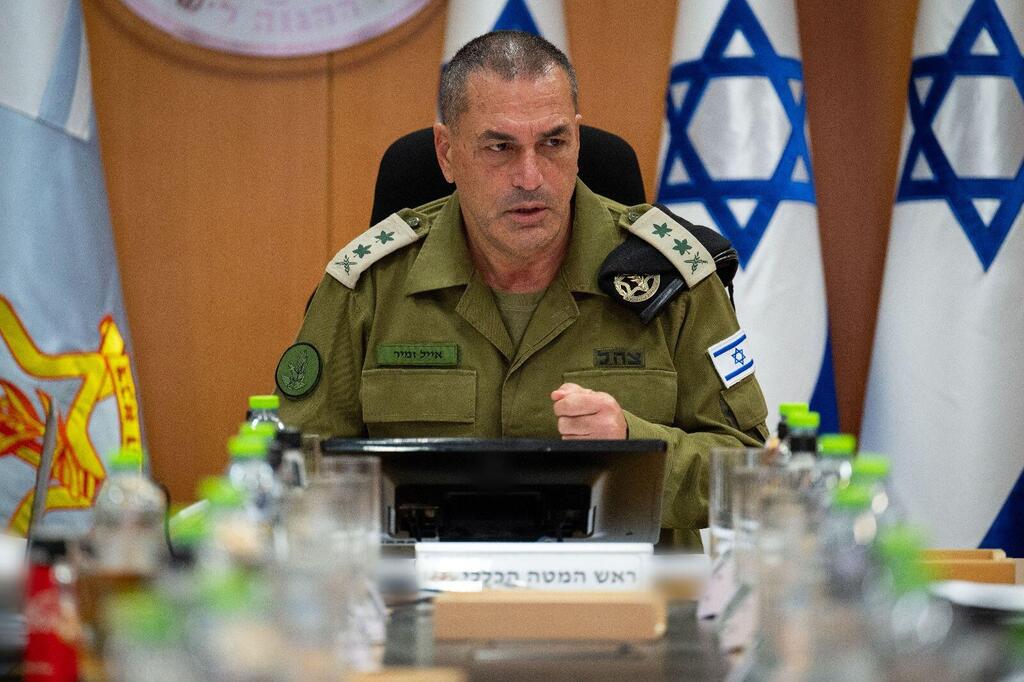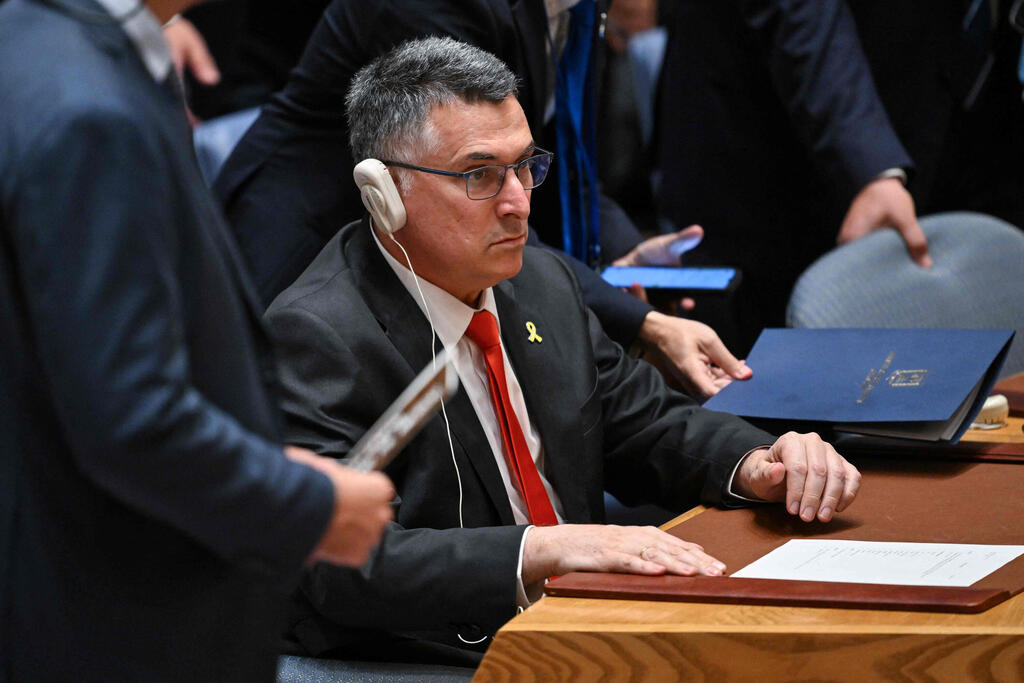Prime Minister Benjamin Netanyahu has laid out his postwar vision for Gaza, declaring that Israel “will not annex Gaza” and intends to transfer control of the territory to a transitional governing body once Hamas is defeated.
PM tells Indian media territory would be ruled by transitional authority after Hamas defeat; IDF chief Zamir set to recommend against move, with officials telling NYT that troops unfit for task due to fatigue after nearly two years of war
“We have no intention of annexing Gaza or imposing a long-term military regime,” Netanyahu said. Instead, he outlined a postwar plan involving the creation of a security perimeter within the Strip, which he described as essential to prevent future threats to Israel. Control of Gaza, he said, would be handed over to a new authority once stability is restored.
Netanyahu also emphasized the importance of minimizing harm to civilians. “Innocents must be separated from Hamas,” he said — highlighting the ongoing challenge of confronting a militant organization that operates from within densely populated urban areas.
Cabinet to decide on full occupation
The prime minister’s comments came just hours before Israel’s security cabinet was set to convene to vote on whether to move forward with a full-scale military occupation of Gaza — a step that has drawn concern from top military officials and the families of hostages still held by Hamas.
Although the IDF already control large portions of Gaza following months of ground operations, the proposed next phase would involve a deeper and prolonged military presence across the entire Strip.
Defense officials, speaking anonymously to The New York Times, said the army is not in a condition to undertake such a mission, citing the exhaustion of troops and the strain on reserve forces. “The soldiers are exhausted,” one official said, warning that the army could end up responsible for governing millions of Palestinians.
Military chief opposes occupation plan
IDF Chief of Staff Lt. Gen. Eyal Zamir was expected to formally recommend against full occupation during Thursday’s meeting. He has argued that the move could endanger the remaining hostages, erode military readiness and drag Israel into a long-term quagmire in Gaza.
Instead, Zamir supports a more limited plan: encircling key areas such as Gaza City and central refugee camps, continuing special forces raids and allowing room for further negotiations on a potential hostage deal.
In a security assessment earlier in the day, Zamir underscored the military’s obligation to present its professional judgment independently. “We will continue to express our position without fear, professionally and responsibly,” he said. He also held a rare conversation with President Isaac Herzog this week, who backed the army’s right to provide strategic recommendations even when they differ from political leadership.
Divisions among ministers, push for compromise
Despite expectations that Netanyahu will secure cabinet approval, some senior figures may voice opposition. Foreign Minister Gideon Sa’ar and Shas party leader Aryeh Deri — who holds no voting rights — have signaled concerns about the plan. Sa’ar recently returned from New York, where he addressed the United Nations Security Council and has previously supported a strategy of attrition alongside negotiations.
Ministers Miri Regev and Gila Gamliel, who once backed a hostage deal, have not publicly stated whether they will support or oppose a full occupation. Ynet reported that Deri has been working behind the scenes to broker a compromise, advocating for a phased approach rather than an immediate and total takeover of the Strip. Netanyahu met with Deri ahead of the cabinet session and held separate consultations with other ministers, including Finance Minister Bezalel Smotrich and Regev.
Hostage families and protesters raise alarm
Idit Ohel, whose son Alon was kidnapped from their home, called on Netanyahu to reject the occupation plan. “He’s not a soldier. He was taken from his bed. We oppose any action that could end his life,” she said. “There is only one way to bring him back: negotiations. Don’t sacrifice him for a ‘strategic move.’”
Ahead of the cabinet meeting, protest organizers announced widespread demonstrations across Israel, accusing the government of prioritizing military escalation over hostage recovery. “They have no mandate to expand the war and sacrifice hostages and soldiers,” said a joint statement by several protest groups. “The chief of staff warns that continuing the war will cost lives. Most Israelis want the war to end and recovery to begin — but a small extremist government is dragging the country into disaster.”
The main protest was scheduled for Thursday evening in Tel Aviv, with additional rallies planned across the country, including Herzliya, Rosh Ha’ayin, Kfar Saba, Haifa and other locations outside ministers’ homes.







